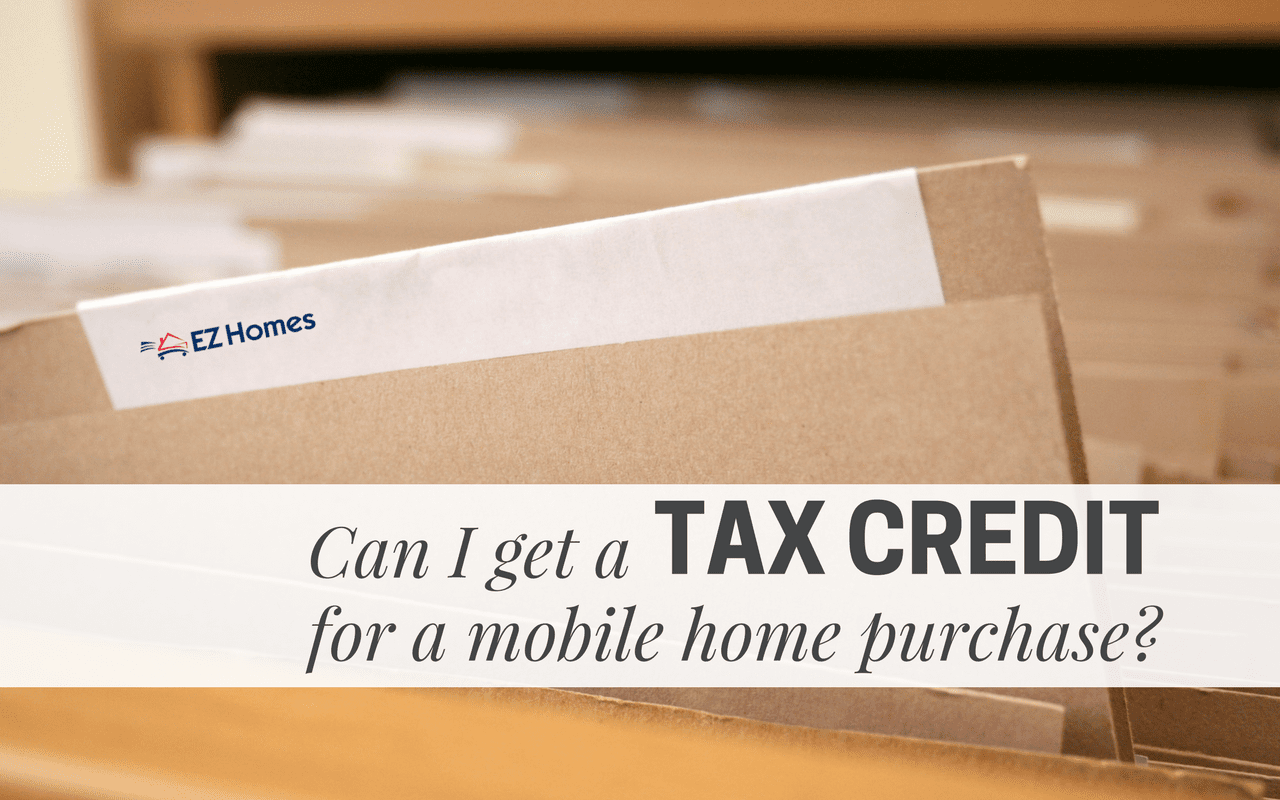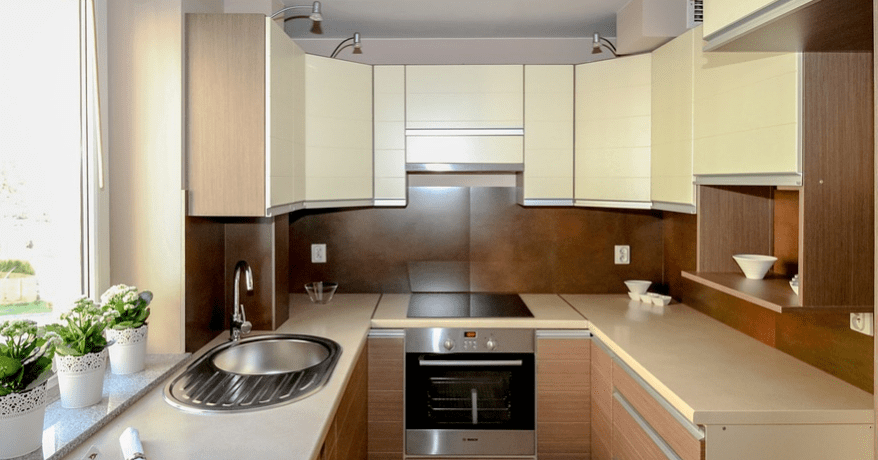When it comes to taxes, it comes as no surprise that you’re looking for ways to lessen the punch on your income tax liability. So of course you’d wonder if you can get a tax credit for a mobile home purchase.

There’s no need to be in the dark when it comes understanding tax credit and how it may apply to your new place. We’ll explain how and if a tax credit applies to your mobile home and run through some other helpful information.
“Can I get a tax credit for a mobile home purchase?”
In short, the answer is that, yes, it is possible to get a tax credit for a mobile home purchase.
However, the answer must go deeper as things are slightly more complicated than that. But don’t worry, we’ll break it down. The topic of taxes does not have to be intimidating.
Tax credit vs tax deductible
To add some clarity to this discussion, let’s pause a moment to establish definitions. It may clear up some confusion for those who think a tax credit and tax deductible are the same things.
Tax credits will reduce your liability on a dollar-for-dollar basis. For example, a $1,000 tax credit will save you exactly that: $1,000 in tax liability.
Interestingly, tax deductions are a bit different. They deal in percentages. So if you fall into a certain bracket, like say, the 25% bracket, a $1,000 expense will save you $250 in tax liabilities.
Clearly, tax credits are a better deal. This is because they work with dollar-by-dollar equivalents rather than percentages.
There is much opportunity to reduce your tax liability through tax credits, but unfortunately, most do not know such an advantage exists. This is why we recommend having a tax professional to help you.
What defines a mobile home and does it qualify for a tax credit
It’s imperative that you understand that a home must meet certain qualifications in order to receive homeownership tax breaks.
So what qualifies a home for homeownership tax breaks?

According to the IRS, a home is any property that has a place for sleeping, cooking, and a toilet area. By this definition, you can get a tax credit for a mobile home purchase.
Taxpayers who place their newly purchased mobile on land – or purchase it with land – qualify for first time homebuyer credit.
Bonus: Tax deductibles and mobile homes
To qualify for a tax deduction, your home must meet certain criteria due to limitations. For instance, the manufactured home must hold its place as collateral for a loan. Your manufactured home must be a primary or secondary place of residence or used in other deductible forms. For example, for business or an investment. If a loan is involved, you must be legally liable for the loan. Being a co-signer or making payments on the loan for someone else is simply not enough.
There are several types of tax deductions your mobile home can qualify for.
- Interest
In as much as the same way you can for the average home mortgage, deducting interest on your mobile home loan is certainly an option. This can only be claimed if your debt doesn’t go beyond one million dollars (if you’re filing with a spouse). Nuances vary according to marital status. - Property taxes
Don’t forget about property taxes – annual real estate taxes are deductible too. And if your mobile home was purchased the same year you’re filing, don’t forget to take to deduct the property taxes you paid at settlement.

- Buy-down points
If you were able to get buy-down points for your manufactured home, that expense is also tax deductible. - Sales taxes
You can also qualify for sales tax deductions if you’ve lived in your mobile home for at least two years. - Energy efficiency tax credits
Scheduled to end in 2019, there’s a Residential Energy Efficiency Property Credit you can take advantage of. Adding energy-efficient features like solar panels or wind turbines can qualify your home for this credit.
Doing the research and getting help will benefit YOU
In closing, a tax credit for a mobile home purchase is worth the research. It’s a satisfying feeling to file your tax return and find some of that outgoing cash coming back to you. Talk to your accountant and professional tax advisor to see what can be done to improve your tax returns. They’ll know what does and doesn’t apply to your mobile home situation.
If you’re looking to put your new mobile home on a rented lot rather than on your own land, check out some things you should look for in a lot rental agreement.


